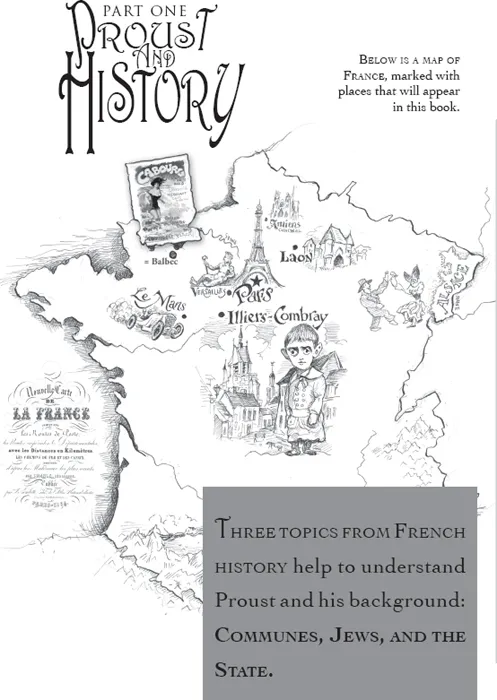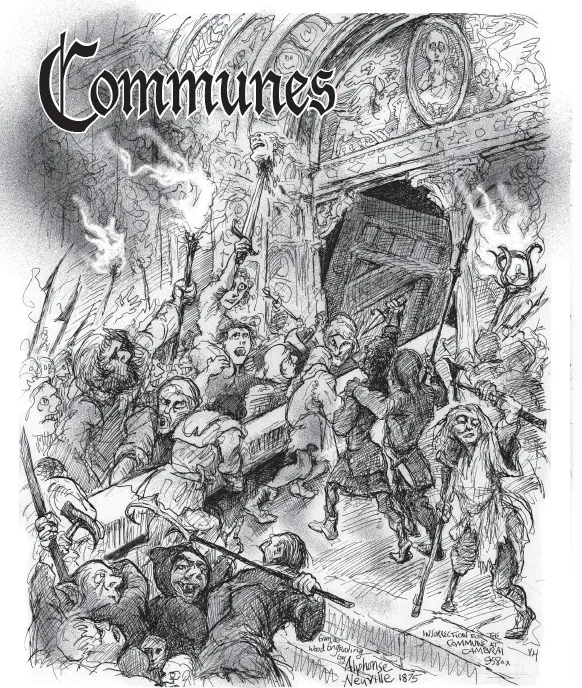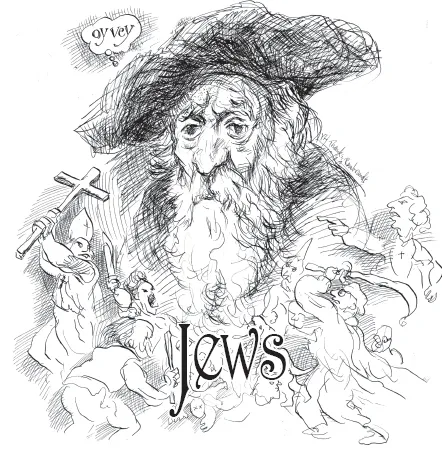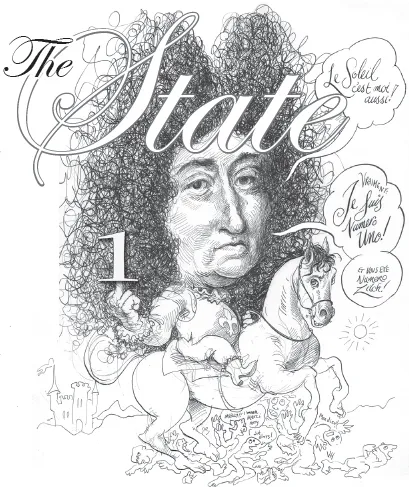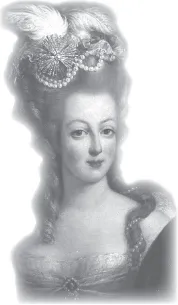![]()
![]()
In the Middle Ages, bishops and lords in France held a lot of power. As towns grew, the residents began wanting some of that power for themselves. They resisted their rulers and organized what they called communes. Here is what some of the “press agents” for the rich and powerful wrote about communes around 1100 . . .
ca. 1075, in Le Mans . . .
Yet when [Geoffrey of Mayenne] sought to raise certain taxes against the citizens of Le Mans, and when he attempted to oppress them with certain new exactions, they gathered together to consider how they might resist his improper inclinations and how they might arrange it so that they were not unjustly oppressed by him or any other person. And when they had formed a conspiracy, which they called a commune, they all swore oaths to bind each other equally under a common obligation. Then they compelled Geoffrey himself and the other nobles of the same region, most of whom were unwilling, to be bound by the oaths of their agreement.
—Acts of the Bishops Living in the City of Le Mans
and 1115, in Laon . . .
Now Commune is a new and a bad name of an arrangement for all the poorest classes to pay their usual due of servitude to their lords once only in the year, and to make good any breach of the laws they have committed by the payment fixed by law, and to be entirely free from all other exactions usually imposed on serfs. ... Having therefore summoned the nobles and certain of the clergy on the last day of Lent in the holy days of the Passion of our Lord, ... [the Bishop] determined to urge the annulment of the Commune, to which he had sworn. ... The compact of the Commune being broken, such rage, such amazement seized the citizens that all the officials abandoned their duties and the stalls of the craftsmen and cobblers were closed and nothing was exposed for sale by the innkeepers and hucksters, who expected to have nothing left when the lords began plundering. ... Behold there arose a disorderly noise throughout the city, men shouting “Commune.” ... There citizens now entered the Bishop's court with swords, battle-axes, bows and hatchets, and carrying clubs and spears, a very great company. As soon as this sudden attack was discovered, the nobles rallied from all sides to the Bishop, having sworn to give him aid against such an onset, if it should occur.
—Guibert de Nogent, Benedictine monk and historian
![]()
IF ANY GROUP WAS WORSE OFF THAN SERFS and town dwellers oppressed by lords and bishops, it was Jews. French Christians hated them because they were not Christian. When they were not burning them, robbing them, extorting them, forcing them to convert, or sending them into exile, Christians tolerated Jews only because they had money that could be taxed, confiscated, or loaned out at interest (which the Church prohibited Christians from doing).
In the late 1700s, as the rationalist ideals of the Enlightenment began to spread, life for French Jews began to improve somewhat. By the 1780s, France abolished the special taxes on Jews and allowed them to do business in many enterprises from which they previously had been prohibited. The Royal Society of Science and Arts of Metz offered a prize for the best essay in answer to the question: “What are the best means to make the Jews happier and more useful in France?”
During the French Revolution, on September 27, 1791, the National Constituent Assembly voted full rights of citizenship for French Jews.
![]()
France's King
(reigned 1643–1715) is said to have declared l'etait c'est moi (“the State is ME”).
HE RULED as an absolute monarch with support from the nobles and clergy. He did not even bother to convene France's parliament, or Estates General, which had not met since 1614.
The Estates General was divided into three groups: the First Estate (clergy, about 10,000 people); the Second Estate (aristocracy, about 400,000 people); and Third Estate (everybody else, about 25 million people). Each group had one vote. Members of the Third Estate had reason to think this was unfair, since they paid most of the taxes.
The French government lent assistance to the American Revolution from 1776 to 1783, which did not help the French treasury. By 1787, the king's government was asking the clergy and nobles to pay some taxes to help out, and they refused. In desperation, a parliament was convened. In short order (that June), the Third Estate declared that it really represented the French people and designated itself the National Assembly; the First and Second Estates promptly joined with them.
The Bastille prison fell in July; feudal rights and privileges were abolished in August; and the monarchy fell in October. By year's end the new government was taking over church property, consisting of about one fifth of all the land in France.
In 1792, aristocratic Austria and Prussia threatened to invade France if it didn't protect its king and nobility. Paris responded with a Commune, and the revolutionaries raised a people's army. The king was executed with a lot of nobles and politicians, peasants, clerics, and others. In the wars that followed, an officer named Napoleon Bonaparte became general, dictator, and emperor. He took on the res...

